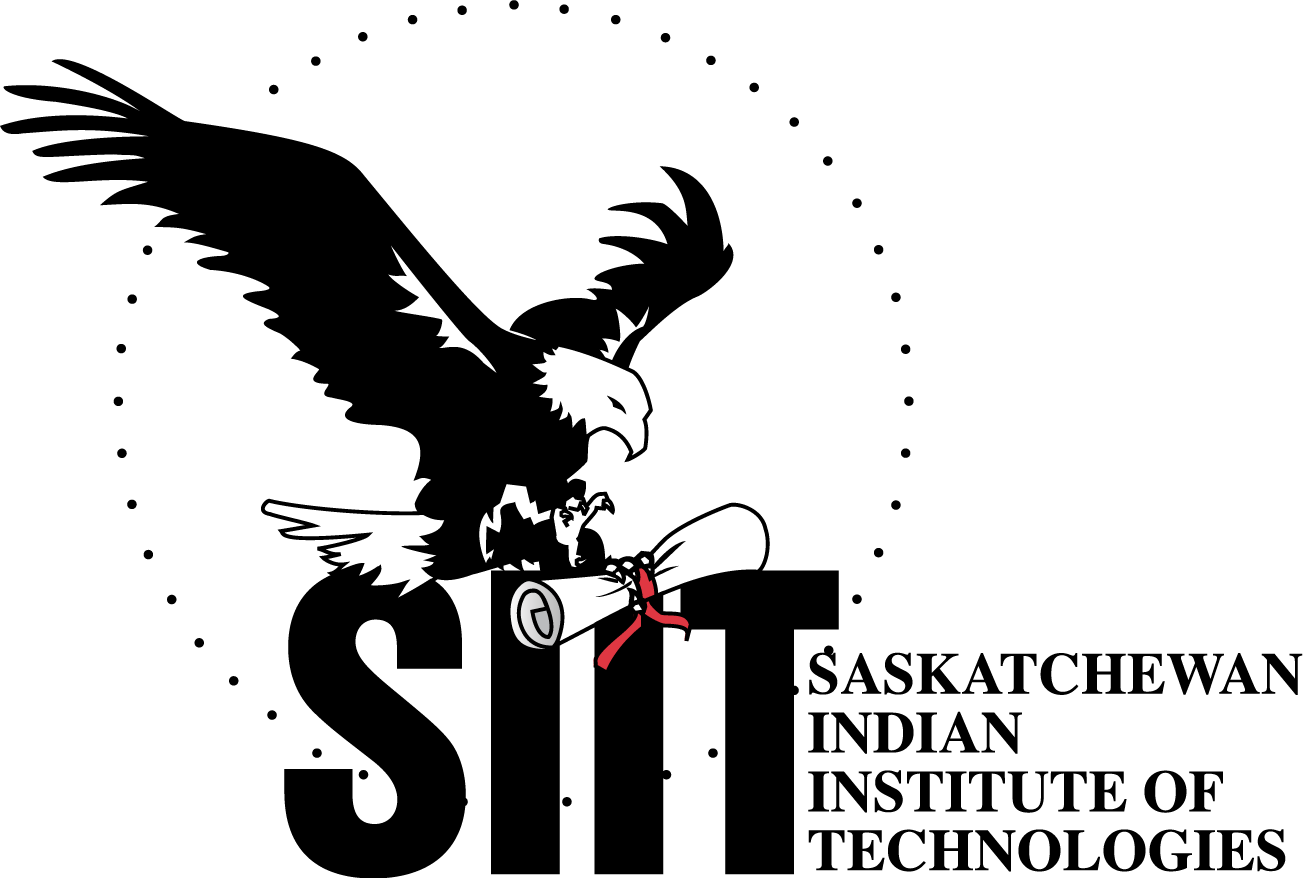Course 5 Communication Fundamentals for Managers
Welcome! Tansi!
Welcome to the communication fundamentals for managers. You are taking important step towards becoming a more effective communicator in your managerial role.
What is this course all about?
The “Communication Fundamentals for Managers” course addresses the needs and requirements for communications for a management position, specifically in the public works and housing management sector. Managers working in First Nation communities and organizations require excellent written and verbal and interpersonal communication skills. They also require knowledge of strategic approaches to communication with both internal and external stakeholders. These approaches are taught so that students have a foundation of communication skills at the management level.
This course is divided into nine lessons that focus on key leadership skills and emphasizes the approaches and methodologies that can benefit working with all levels of the community and your workplace. There is also a Capstone assignment that pulls together all of your learning over the nine lessons into a key presentation or take away.
Additionally, the course emphasizes the significance of communication in the workplace, creating effective workplace strategies and utilizing go to conversation starters and enders. By the end of this course, students are expected to have written, verbal and interpersonal skills are required for a manager working in First Nation communities and a strong strategy for communication that will benefit communication for all involved.
Course Objectives
- Define the communication process and its breakdown, and discuss common communication barriers and strategies for avoiding them.
- Explain the importance of verbal communication in the workplace, and describe ways to start a thoughtful conversation that keeps the focus on the listener and makes a good first impression.
- Describe the importance of listening, the dangers of not listening, and the differences between attentive and inattentive listeners.
- Identify effective listening behaviors and assess your current listening skills.
- Identify ways to keep your written communication clear and impactful, and discuss how to tailor your writing to your audience. • Explain a step -by -step process for organizing your writing and describe the most effective structure for introductions, body paragraphs, and conclusions.
- Identify how barriers to building relationships can be overcome by recognizing attitude and behaviours in themselves and others.
- Discuss strategies to improve tenant relations on your First Nation.
What do I need for this course?
All the resources required will be found right in the course!
Mapping Your Journey Exercise
“Mapping My Journey” is a reflective cumulative exercise where you’ll craft a detailed document charting your experiences throughout this course.
Beginning with your initial expectations, you’ll move through significant learning moments, discuss challenges, draw personal connections, and envision future applications of the knowledge gained. This isn’t just about recounting experiences; it’s about deep introspection, connecting with the course content, and pinpointing areas of personal growth. Your submission will also offer feedback on the course structure and delivery, playing a role in its refinement for future cohorts.
This task serves as both a showcase of your learning journey and an exploration into how this course has influenced your perspectives. Dive deep, and happy reflecting!
Rubric for Mapping Your Journey
| Criteria | Exemplary
(5) |
Accomplished
(4) |
Developing
(3) |
Beginning
(1-2) |
Unacceptable
(0) |
| Depth of Reflection | Comprehensive introspection and profound reflections. | Solid reflection with minor gaps. | Adequate reflection; some areas lack depth. | Limited depth in several sections. | Minimal or no reflection. |
| Connection to Course | Strong, clear ties to course content throughout. | Mostly clear connections; minor gaps. | Some connections, but occasional irrelevance. | Weak or sparse connections. | Largely inaccurate or no connections. |
| Personal Insight | Significant personal growth and deep insight demonstrated. | Good evidence of growth and insight. | Some insight shown; limited growth evidence. | Little evidence of growth or insight. | No evidence of personal growth. |
| Feedback on Course | Detailed, actionable feedback with thoughtful suggestions. | Relevant feedback with some improvement suggestions. | General feedback; some impractical suggestions. | Vague feedback with unclear suggestions. | No constructive feedback offered. |
| Presentation | Perfectly organized, meets guidelines, and uses multimedia effectively. | Well-organized and adheres to most guidelines. | Adequate organization; minor issues or limited multimedia. | Disorganized or not fully adherent to guidelines. | Poor organization and format; no effective multimedia use. |
Now, what?
Let’s get learning.
